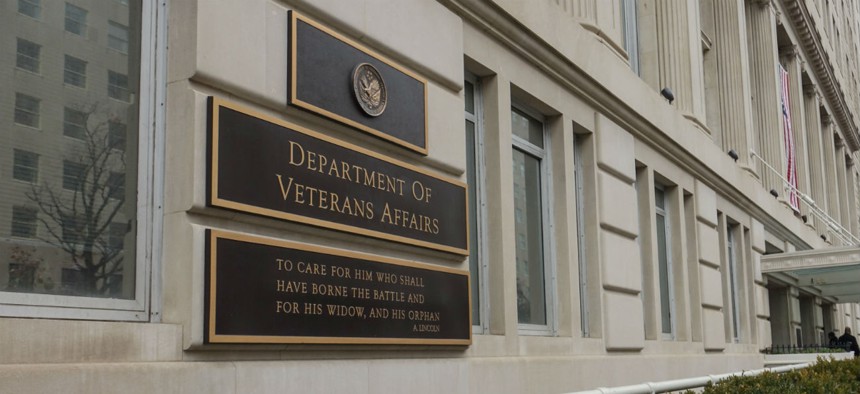
By bakdc / Shutterstock.com
Special Counsel Alerts White House and Congress of ‘Significant Financial Mismanagement’ at VA
Findings include over $223 million in wasteful spending and delayed payments for veterans’ medical bills.
The Veterans Affairs Department wasted over $223 million on transportation services and delayed payments for veterans’ medical bills, according to an agency investigation that stemmed from whistleblower allegations.
The Office of Special Counsel alerted the White House and Congress late last week of an investigation by the VA Office of the Medical Inspector on the mismanagement of funds at VA’s Mid-Atlantic Health Care Network, which is composed of seven medical centers and 34 community-based outpatient clinics in North Carolina and Virginia. The network’s more than 18,500 clinical and support staff members and more than 4,000 volunteers serve over 318,000 veterans annually.
“The VA's waste of more than $220 million on unnecessary transportation is unacceptable," said Special Counsel Henry Kerner in a press release. “Moreover, no veteran deserves to be hounded by a collection agency because the VA failed to pay its bills. I am encouraged, however, by the VA's response and that the agency is now taking strong steps to ensure these problems are addressed."
Although the investigation did not find violations of agency policies on audits and payment reports, which the whistleblower reported, it did find “that a gross waste of funds existed within the [Veterans Health Administration] related to improper [beneficiary travel] payments.” The investigation found in fiscal 2017 over $223 million in the VA’s beneficiary travel program, which provides veterans and other beneficiaries with travel payment or reimbursement to receive VA medical care, was misspent. Mistakes were the result of over and underpayments to recipients as well as payments to ineligible recipients.
The investigation also found that despite recommendations from VA’s Office of Inspector General, the agency’s software to calculate and report improper payments is not up to government compliance standards to prevent errors.
Additionally, the investigation confirmed the whistleblower's claim that the VA Mid-Atlantic network did not reimburse health care providers, which resulted in veterans losing care and being sent to collection agencies. “The increasing volume of claims submitted, errors found within those claims submitted, and the meticulous process in place to pay the claims all contribute to delayed reimbursement,” said the report. In 2017, over 2,500 veterans contacted the agency about credit and collection problems that resulted from the agency’s failure to pay claims, the investigation found.
The whistleblower reported concerns to OSC and then the office reported it to the VA in April 2018. The VA team conducted its investigation from June 4-7, 2018, and then submitted a draft report to OSC on April 4, 2019. OSC noted in the letter to the White House and Congress that the VA did not substantiate all of the whistleblower’s allegations. This included claims the agency’s leadership did not take appropriate action to address these issues when the whistleblower initially raised concerns around January 2014 and November 2016 and violated financial reporting policies.
The VA’s Medical Inspector Office made several recommendations to the Veterans Health Administration and is tracking its progress on a quarterly basis. Some of the recommendations are: automate the claims submission and payment processes, educate providers on how to submit claims to the agency and ensure payment centers have enough staff to process claims. The agency has already made headway on some of these recommendations, according to OSC.
Despite concerns about the length of time the agency knew about these issues and the agency’s outdated software, Kerner said he has “determined that the VA’s report contains the information required by statute and that its findings appear reasonable.”







